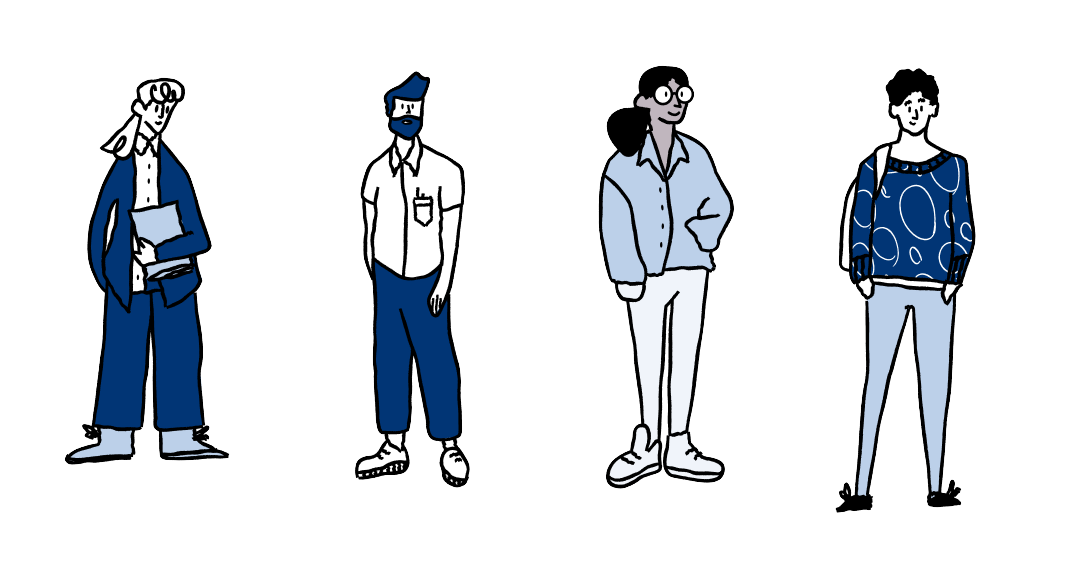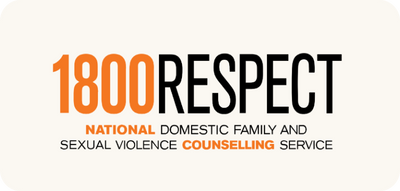Signs there might be a problem in your relationship
Remember, there’s no such thing as a ‘perfect relationship’.
It’s normal and healthy to experience challenges and conflicts that come with the ups and downs of life. However, it can become unhealthy when these challenges and conflicts occur frequently or last for extended periods.
Being aware of what it feels like to experience relationship problems can help you recognise them early. This way, you can approach issues as they come up and try to resolve them before they get worse.
When you’re in a healthy relationship, you should feel:
- Valued and respected
- Comfortable expressing your opinions
- Encouraged to try new things
- Free to have a life outside of the relationship
- Supported through challenging times
- Physically and emotionally safe.
What does an unhealthy relationship feel like?
An unhealthy or problematic relationship, on the other hand, can make you feel and notice a range of different emotions, thought patterns, and physical changes.
- Common feelings
- Unwanted and unloved
- Disrespected and undervalued
- Isolated and lonely
- Irritable and angry
- Sad and hopeless
- Guilty and ashamed
- Worried and afraid.
“Just because you can’t explain the feeling you’re experiencing, doesn’t mean it isn’t valid.”
- Common physical changes
- Difficulty sleeping
- Changes in appetite
- Fatigue and brain fog
- Upset stomach
- Headaches or migraines
- Stiff neck and tense muscles
- Frequent cold and flu symptoms
- Changes to your hair and skin
- An irregular menstrual cycle.
Even though we tend to look to our minds for answers, our body often gives us signs that something isn’t right.
Remember, it’s both normal and healthy to experience negative emotions every now and then.
However, your relationship shouldn’t leave you feeling constantly bad, sad, worried, hopeless, or afraid.
In extreme cases, a problematic relationship can lead people to experience:
At Lifeline, we've supported many Australians who have experienced mental health challenges. If you’d like to connect with us, we are always here for you 24 hours a day, 7 days a week via phone, text and chat.
If you’re feeling off and you’re not sure why, take some time to think about what that feeling might mean.
Sometimes, people convince themselves that things are all okay in their relationship, but still can’t shake a gut feeling that something’s wrong.
To gain clarity, you can try:
It’s also always okay to contact a support service for guidance.
If those aren’t options for you at the moment, you can contact Lifeline 24 hours a day, 7 days a week.
Signs you're in an abusive relationship
It’s important to acknowledge that a problematic relationship isn’t the same as an abusive relationship. Abuse is a form of domestic and family violence.
You may be experiencing domestic and family violence if you're experiencing any of the following:
- Constantly worrying about how your partner will react to what you do or say
- Feeling like you have little control over where you can go and who you can see
- Having zero or limited access to money and/or not being allowed to work
- Being fearful of getting hurt or injured due to past physical abuse or threats of violence
- Believing you’re trapped and that there’s no way out
- Having frequent thoughts such as: ‘I can’t do anything right’ or ‘I want to leave, but I don’t know how’.
If you suspect you’re in a domestic and family violence situation, you deserve support and there are people who want to help.
If you feel like you’re in a domestic and family violence situation, you deserve support and there are people who want to help.
You can call the Domestic and Family Violence Helpline on 1800 737 732 anytime. And remember, Lifeline is always here. If life is in danger, call 000.
Signs there's a problem in your relationship with yourself
While it’s important to build healthy relationships with others, the most important relationship you’ll ever have is the one you have with yourself.
If you don’t feel like you like, trust, value, or believe in yourself, it can be difficult to have healthy relationships with others or leave an unhealthy relationship.
You may want to work on your relationship with yourself if you:
- Experience low self-esteem
- Don’t give yourself permission to practise self-care
- Always put the needs and wants of others above your own
- Use alcohol and/or substances to feel better.
We all have the right to feel good about ourselves and our relationships. It doesn’t matter how trapped, overwhelmed, or guilty you might feel.
It’s okay to know and say, ‘I deserve better.’
If you’re looking for ways to have healthy, ongoing relationships, you can visit our long-term help section.
Click here to download, save, or print our relationships fact sheet.







